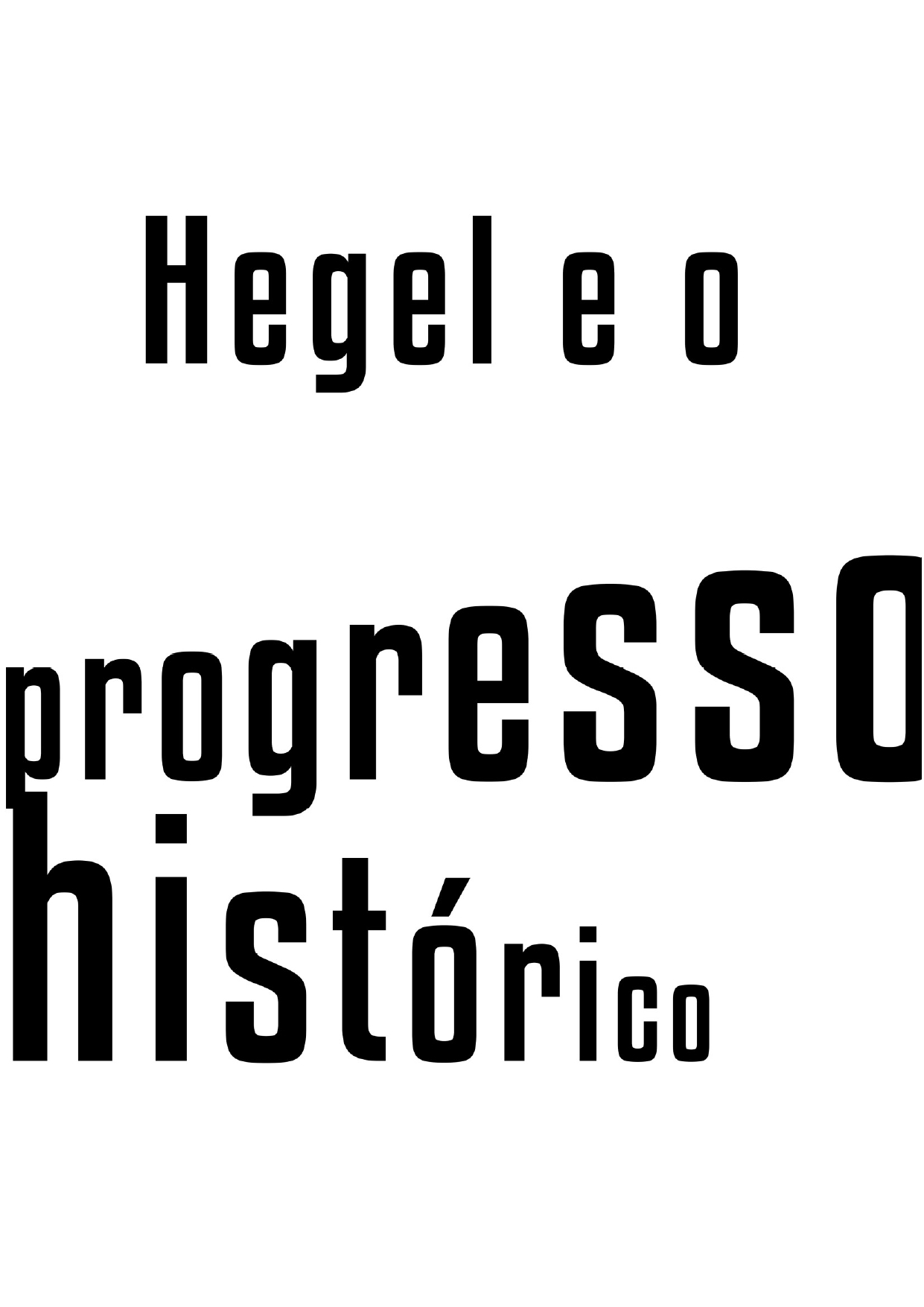Hegel and the historical progress
DOI:
https://doi.org/10.11606/issn.2594-5920.primeirosescritos.2020.155601Keywords:
Hegel, Philosophy of History, Progress, HistoryAbstract
This article aims to present and analyze the conception of historical progress as elaborated by german philosopher Georg Wilhelm Friedrich Hegel (1770-1831) in his work Lectures on the Philosophy of History, posthumously published in 1837. For this, our exposition will follow mainly its third chapter – called The Course of Universal History –, accompanying the philosopher’s arguments in detail. The conclusion highlights the Hegelian historical progress understood as an infinite end, mainly based on Terry Pinkard’s Does History Make Sense? (2017). Moreover, Hegel’s understanding of historical progress is compared with the linear and cyclical understandings of history.
References
DUDLEY, W. Idealismo alemão. Tradução de Jacques A. Wainberg. 2. ed. Petrópolis: Vozes, 2018.
HEGEL, G. W. F. Filosofia da história. Tradução de Maria Rodrigues, Hans Harden. 2. ed. Brasília, DF: Editora UnB, 2008.
___________ . Vorlesungen über die Philosophie der Geschichte. Frankfurt am Main: Suhrkamp Verlag, 1970.
HODGSON, P. C. Shapes of freedom: Hegel’s philosophy of world history in theological perspective. Oxford: Oxford University Press, 2012.
INWOOD, M. A Hegel dictionary. Oxford: Blackwell, 1992.
PINKARD, T. Does history make sense? Hegel on the historical shapes of justice. Cambridge, MA: Harvard University Press, 2017.
SINNERBRINK, R. Hegelianismo. Tradução de Fábio Creder. Petrópolis: Vozes, 2017.

Downloads
Published
Issue
Section
License
Proposta de Política para Periódicos de Acesso Livre
Autores que publicam nesta revista concordam com os seguintes termos:
- Autores mantém os direitos autorais e concedem à revista o direito de primeira publicação, com o trabalho simultaneamente licenciado sob a Licença Creative Commons Attribution que permite o compartilhamento do trabalho com reconhecimento da autoria e publicação inicial nesta revista.


